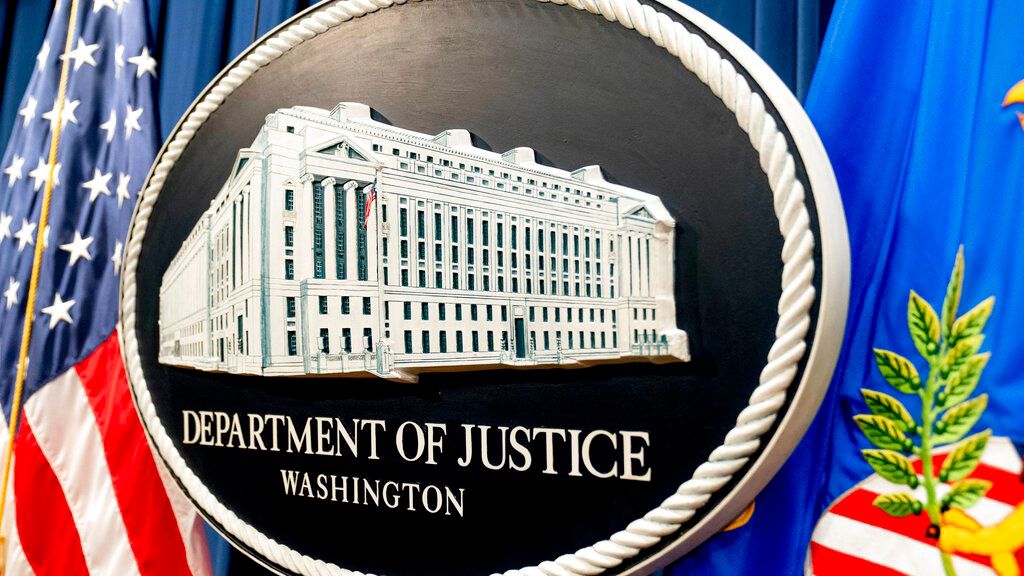The White House will issue new regulations Wednesday, under order from President Joe Biden, seeking to protect Americans and their personal, private data from "countries of concern" that may seek to abuse that information.
The executive order issued by Biden seeks to protect data on a genetic, biometric and personal health level, as well as geolocation information, financial data and other kinds of personally identifiable information.
The intention, the White House says, is to prevent that data from being used by foreign rivals to track, blackmail or sell information tied to Americans — civilians, government employees and military service members alike — to data brokers or foreign intelligence services. Such information could be used to track activists, academics, journalists, political figures and dissidents.
The regulations, which will be issued by the Justice Department, Homeland Security, the Departments of Health and Human Services, Veterans Affairs and Defense, will cast a wide net to establish "clear protections" for sensitive personal data and personal identifiers, preventing large-scale data transfers to rival countries.
Security standards will be set to protect government-related data, commercial access to data by countries of concern and to ensure that federal grants, contracts and awards cannot be abused to facilitate access to data. The federal Committee for the Assessment of Foreign Participation in the United States Telecommunications Services Sector will also be assigned to review its submarine cable licenses to consider potential threats to American data.
Administration officials insist that the regulations will not restrict the free flow of data, but support an open internet — or, as one official put it, to focus on aspects of personal sensitive data, including data which might pose national security risks, without restricting legitimate commerce.
"We’re going to expect companies to be responsible under the circumstances of the transaction, in getting those types of assurances and do some type of diligence that you would expect, given the volume, size, scale, scope, the nature of the [data] transfer that they're undertaking," a senior administration official said. "And in doing so, I think we will make it significantly more challenging for our adversaries to obtain this data in scale, and in the degree of comprehensiveness that is most acute for the risks we're trying to address."
The executive order is still in early stages — Wednesday’s announcement will be direction from the president. Nothing will take effect, a senior administration official said, until multiple rounds of public comment and rule making have been completed, giving industry and stakeholders an opportunity to be heard.
For an example of how information can be used to punish dissidents, one not need look further than Ksenia Karelina, the Los Angeles woman with dual U.S. and Russian citizenship who has been charged with treason — which carries a maximum punishment of life in prison — for allegedly fundraising for Ukrainian armed forces.
According to social media posts from her Beverly Hills-based employer, the extent of Karelina’s fundraising amounted to about $51, sent to a charity offering humanitarian aid to Ukraine.
